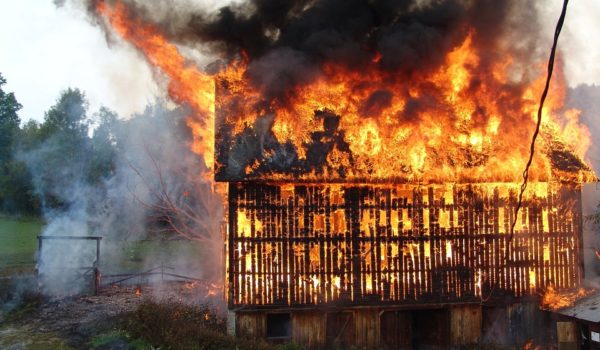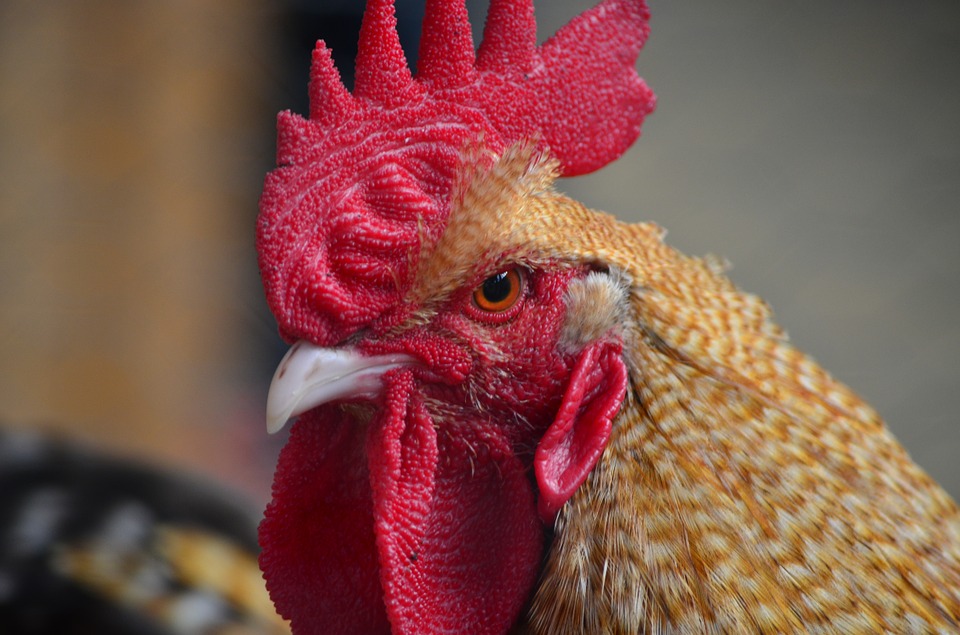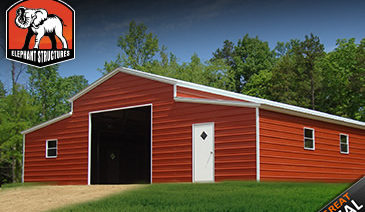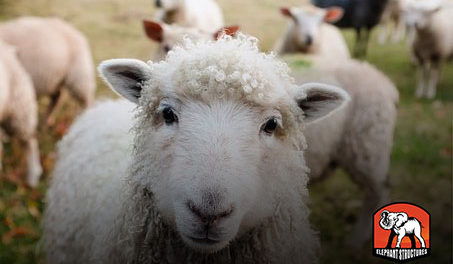
When it comes to global warming and climate change, it seems like almost anything can be a contributing factor. The earth’s climate is changing, and much more rapidly than it has even in the last fifty years. Just in the past month, the United States saw unbelievable weather occurrences become a part of the norm. Chicago and Minneapolis had virtually no snow, and the Windy City nearly had more days over 66 degrees in February alone than in the last 145 years combined. Atlanta, New York, Philadelphia, and other cities also experienced some of the hottest February temperatures in history. California has been dealing with flooding for months. Much of the Midwest has been battered with severe thunderstorms and tornadoes due to the unseasonably warm temperatures.
The earth is changing, and not for the better. The more humans grow and expand as an intelligent species, the more we seem to harm the planet. We know all of the popular contributors to climate change: human development, transportation, agriculture, and energy production industries. But what if one of these industries is actually far more efficient than anticipated? What if it actually contributed to only a fraction of the output of greenhouse gases?

Luckily, this is the true reality of the agriculture industry in the United States.
Livestock and Cattle in American Agriculture
The impact of livestock and cattle on climate change has been in contention for years. However, a recent article has found that these industries really make up a very small portion of contributions to greenhouse gases in the atmosphere.
Frank Mitloehner is an animal science professor and air quality specialist at the University of California, Davis. He said that the breakdown of what affect emissions is largely part of the transportation industry and energy production. According to Mitloehner, livestock makes up only 4.2% of greenhouse gas emissions, compared to 27% from transportation and 31% from energy production. In order to best understand how climate change is affected by each industry, Mitloehner said an entire lifecycle of the industry must be assessed. This industry lifecycle includes production, consumption, and waste. He says that with the logic and concrete data surmised from his study, those who argue that limiting meat consumption could solve climate change may see a new, non-political perspective on the issue.
Mitloehner also goes on to say that grain-fed cattle are also much more efficient to produce than grass-fed. He states that grass-fed animals take nearly twice as long to mature and produce more gas than grain-fed steer, which grow quickly and digest feed efficiently, without as much waste. The United States dairy industry is also incredibly efficient and produces more milk per cow than any other nation on the planet. The dairy industry has 16 million fewer cows today than in 1950, yet milk production has increased 60% nationally. The carbon footprint of a glass of milk in 2/3 smaller today than it was 70 years ago.
Sustainability in a Custom Steel Barn
The agriculture industry in the United States is the most efficient and productive of any in the world. Wouldn’t you like to bring that same efficient and sustainable attitude to the rest of your farmland?
A custom steel barn from Elephant is a great place to start. Our online build tool highlights the versatile nature of all our structures and allows you to create the right building to fit your exact needs. Instant pricing gives you total control over your budget, helping you find the best barn for your money. Tough enamel paints are durable and versatile enough to stand up to the wrath of nature without losing their brilliance or secure protection. With twelve colors to choose from on your roof, trim, and walls, you can easily match your new barn with other buildings on your property.
Financing is available on most of our affordable custom steel barns, so don’t wait any longer. Visit our website or call us today to learn more.
Share:


